Financial
Roadmap
A clear, personalised path to your financial goals.

When preparing for retirement, the most important question you need to ask yourself is, ‘How much income will I need?’
It is vital that you have a clear understanding about your income requirements so that you can live the life you want when you are no longer working.
At First Financial, one of the roles of our advisers is to help you get your desired level of income in the most effective way.
Once we know the amount you need, we can find the appropriate method of achieving it.
Trying to work out what you will need as a regular amount of income once you’re retired can be a daunting task. The security of a steady salary deposited fortnightly is no longer available and we often have clients come to us feeling overwhelmed by what lies before them. This is where we can help create a plan that suits their needs. Anthony Dhillon, Senior Adviser explains,
“The change in thinking for the client when they no longer have a pay packet coming in, is ‘How much do we spend?’ The answer will depend on their desired lifestyle. The greatest challenge is calculating and articulating what their expenditure is likely to be… it tends to be an open-ended question.
To help our clients, we have a look at what they spent in the previous year by reviewing bank accounts and credit cards. We then ask if that type of spending will be replicated going forward. We often find that when clients look closely, there are expenses relating to their children or a special holiday that won’t necessarily happen regularly… so we take out the non-repeated expenditure.
We tend to arrive at things like utilities – gas, electricity, phone bills, water rates… things that you will get year on year. This creates the base level of spending. It’s not very exciting but you know that you will have to spend that, so we factor in utilities and the inflation that is likely to be applied.
Once we’ve paid the bills, we can get into the fun stuff! The retirement expenditure… this includes all the things you want to do in retirement… the easy ones are travel, eating out, looking after grandkids, new hobbies… they are always more interesting to talk about. When we work out approximately what that will cost, we add them together… the discretionary and the non-discretionary spend gives us a rough cost of living per year.
This cost of living figure can be determined relatively accurately and has a direct impact on cash flow requirements. But we also need to consider what lump sums our clients need to access. For example, they might want to purchase a new car, or plan to go on a large European holiday. These identifiable lump sums usually have a specific dollar figure attached and can be set to a timeline, so as an adviser we need to ensure the capital is available to fund these expenses.
Of course, there are also the unexpected costs that can’t be planned… the fridge needs to be replaced, or unexpected dental bills… we need to make sure there is money available for the client in these instances.”
Once we work out how much money a client needs, it’s up to them to determine how often they would like to receive their payments.
This often provides peace of mind because they can enjoy their retirement without having to worry about their income… it is simply paid to them at regular intervals just like a pay cheque.
There are several pension products available to pay this regular income. Each has different features and benefits, so it is important you select the one that is best for you.
The most common retirement income stream is an account-based pension. This is drawn from your superannuation.
Once you meet a condition of release, you can access your superannuation funds and start to receive a regular pension payment. There is a minimum amount that must be withdrawn via pension each year, but there is no maximum, so you can access whatever amount you require annually.
While it provides you a regular income, another major benefit is that you can withdraw a lump sum from your superannuation. So, if you needed to replace a motor vehicle, in addition to your regular income, you can also take a lump amount.
It is also worth noting that an account-based pension is tax free. Some other income streams might be subject to marginal tax rates based on your total annual income.
An account-based pension is made up of invested assets so the balance will rise and fall as the value of the investments go up and down with the market.
Another income stream option is an annuity. It can be purchased to provide you with a guaranteed, regular income.
You can utilise funds from your superannuation, or any other money you have saved, to purchase the product from a provider for a set term or for your lifetime. The regular payments are made based on the total amount you invest and the term you choose. Anthony says,
“One of the positive things about an annuity is that the income is very predictable, you know what you are going to get. You pick the term… for example 20 years, and it provides you peace of mind that you will receive that level of income over the set amount of time.
However, there is generally a restriction on accessing lump sums. The main benefit is really the certainty of the income stream.”
Unlike account-based pensions from superannuation, the funds in an annuity are not linked to any investments, and therefore the value and income will not fluctuate with the market.
If you have other investments, such as shares or property, you might need to consider how these assets are managed in retirement.
Anthony discusses some examples,
“If you have shares that pay dividends twice a year, during your working life you might not have needed the dividend… so perhaps you re-invested and bought more shares… once you retire, you will still earn the dividend but it’s what you do with it that is probably going to be different.
A simple option is that you can put it in your bank account to live off… but there might be some tax implications, so the role of the adviser is to look at what income you are receiving and the best way to manage it. We are focused on optimising your income effectively.
You might also have an investment property that can provide an income stream through the rent that is paid. You could certainly live off the regular rental payments but if the property needs maintenance you might end up having to spend some of it to make repairs.”
The social security age pension is supplied by the government through Centrelink and is means tested. So, depending on how much money you receive from other income streams and the total value of your assets, the amount of pension you receive will vary. Understandably, the more money you have, the less age pension you receive, or you may not be eligible for any at all. Many Australians will have part age-pension provided by the Government and part account-based pension from their superannuation balance. Anthony explains,
“When you are looking at various income streams, we consider how they all impact the age pension eligibility. For clients who want to maximise their social security payments, annuities are treated differently to account-based pensions… this is where an adviser can look and assess which is the best option to maximise the government age pension.”
At First Financial, our Investment Philosophy guides how we manage investment portfolios and in retirement this is even more crucial for our clients. We make sure that there are sufficient funds available within the cash bucket to supply their required income, while still maintaining steady growth long term within their capital investments.
Anthony concludes with one final note.
“It is also important to think about what happens when you pass away. If you have an account-based pension or an annuity… you might think that your spouse or your beneficiary will receive it. But this is not always the case. As advisers, we find out what the client wants and set up their wishes accordingly.
We address it all… tax consequences, Centrelink consequences, how to invest your money and what happens in the event of death.”
If you want to find out more about suitable retirement income streams, contact us today. Read more Retirement Planning articles.
Every client journey begins with a conversation. We look closely at where you are now, what matters to you, and what’s possible. Then we structure our advice to match.
A clear, personalised path to your financial goals.
Proactive strategies to maximise your tax savings.
Tailored plans aligned with your goals and risk profile.
Regular guidance to keep your plan on track.
Retired business owner
After decades of running a successful pharmacy, John sought financial guidance to simplify decision-making and support long-term planning.
“I feel genuinely supported by First Financial. I can ask anything, and there’s no pressure, just clear advice and real care. The money’s growing, I’m not stressed about it, and I feel completely at ease for the first time. I don’t miss work, but I’d miss the support I get from First Financial.”

Newly retired
As retirement neared, Larry and Virginia were ready to enjoy travel, family, and freedom, without uncertainty. A friend recommended First Financial, and from the first meeting, they had a clear plan, a safety net, and people they trusted.
“We’ve travelled the world, Europe, Sri Lanka, Vietnam, without once stressing about the money. They made everything feel simple and gave us the confidence to live well. We feel secure because we know exactly where we stand, and that peace of mind means everything.”

Early retirement and working professional
When Tim received an overseas medical settlement, he and Adam had just 14 days left in a 90-day window. They needed clear guidance, fast. A referral led them to First Financial.
“We’re in totally different life stages, but First Financial built a strategy that supports us both. From urgent legal steps to ethical investing, they handled every detail with calm, care, and real expertise. It’s financial freedom without compromise, and we couldn’t have done it without them.”

Retired
Jan's husband managed the finances until entering aged care. Jan gradually stepped into the financial picture with First Financial’s support.
“The money just comes in. I don’t have to think about it. And I know they’re always there. They’ve always been there in the background, just quietly making things work.”

Retired and semi-retired
Referred by friends who were helped through aged care, Craig sought secure financial guidance after inheriting funds.
“We feel very secure with First Financial, the income just comes in, and we know everything is being looked after. It’s not just safe, it’s smart. We’ve recommended them to others because we genuinely believe in the team.”
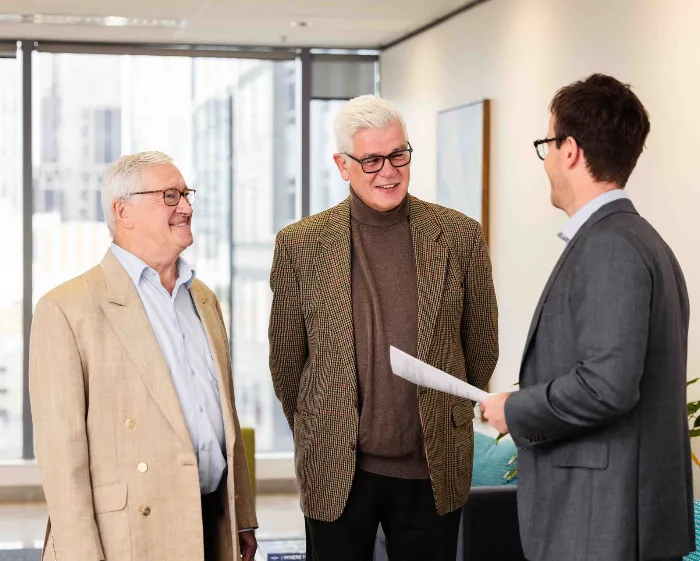
Retired widow
Lyn stepped into financial management for the first time after her husband's passing. With patience and care, First Financial supported her through grief, learning, and empowerment.
“After my husband passed, I was completely unsure where to start. First Financial gave me the space to learn, to ask questions, to grow confident. They drew a diagram that I still have. And now, I sleep well at night knowing I’ve got someone in my corner.”


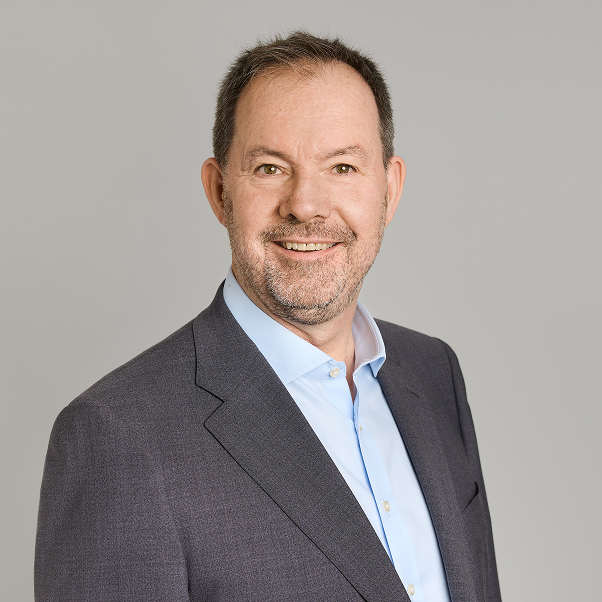
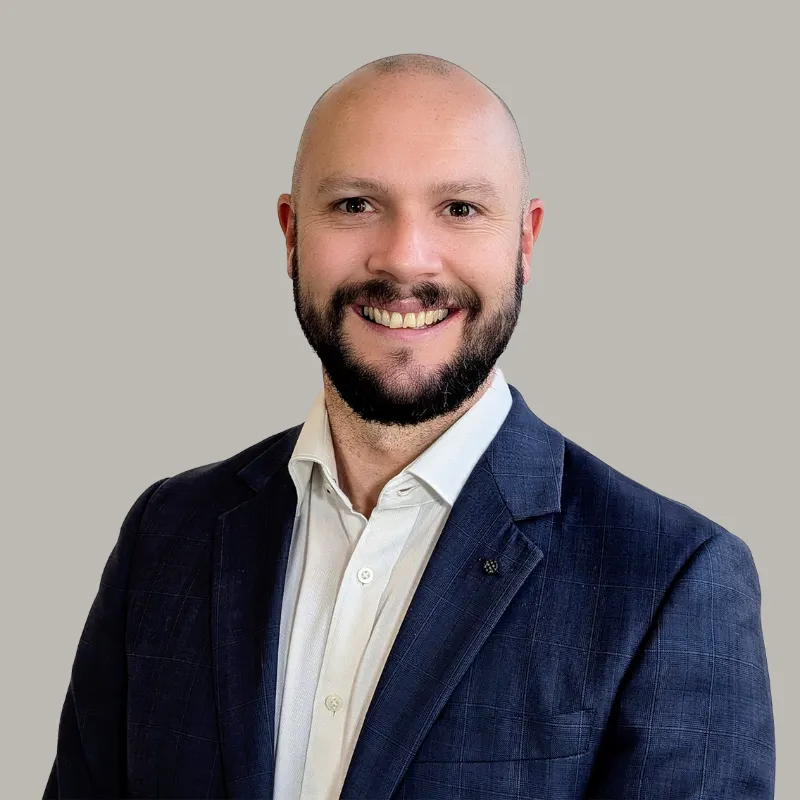


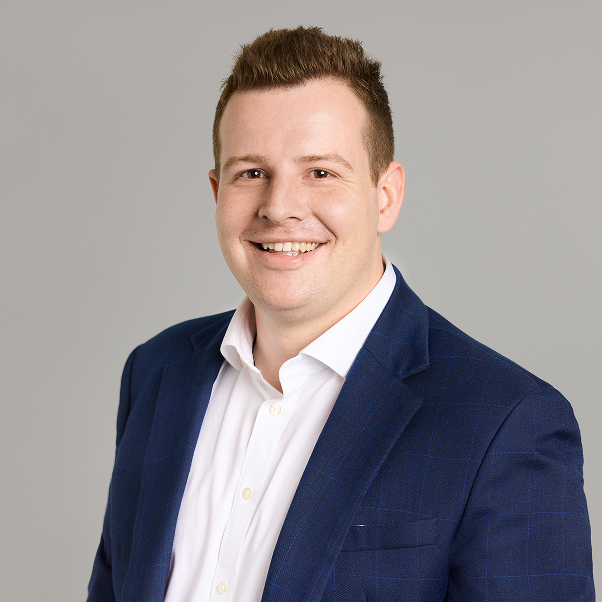
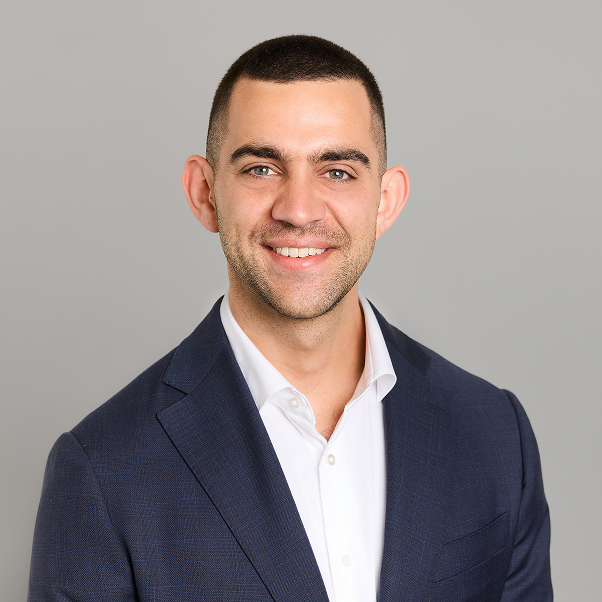

You can use the form below to make a general or initial enquiry.
You can also book a 15-minute call with an adviser by clicking the blue button below.
You can use the form on the right to make a general or initial enquiry.
You can also book a 15-minute call with an adviser by clicking the blue button below.
Fill in your details and briefly let us know how we can help.
We’ll reach out to schedule a time that suits you.
Enjoy an obligation-free initial meeting to discuss your goals and explore how we can guide you toward financial confidence.
Let’s start the conversation.
We look forward to hearing from you!
Level 9, 90 Collins Street,
Melbourne, VIC, 3000
Office Hours
Mon – Fri | 9:00 am – 5:00 pm